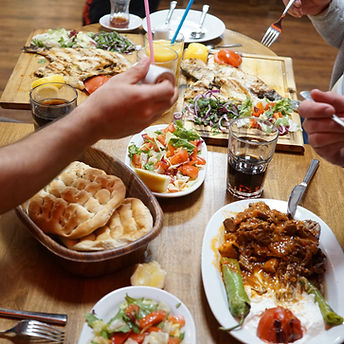
The Self-Sustaining Farm – Rancho Grande is a Local Economic Development project led by the Rotary e‑Club of Colombia Innova, in partnership with the Rancho Grande Rural Association of Small Farmers (ANUC Rancho Grande) and with technical support from SENA – National Learning Service.
The farm will be developed on an 8‑hectare land, where diversified crops and livestock production will be integrated under a circular economy and self‑sufficiency model. This approach will make it possible to leverage local resources, reduce operating costs, transform waste into productive inputs, and move toward a sustainable, efficient, and community‑driven agricultural system.




With this project, we seek to comprehensively address the needs of the community, promoting sustainable development and improving their quality of life through agricultural and livestock activities that will provide the following benefits:
PLAN FOR SUSTAINABILITY
Production diversification activities for
self-sufficiency
Crops
Vegetables, food staples, aromatic and medicinal plants, forage grasses, living fences of fruit trees
Animal husbandry
-
Laying hens for the production of free‑range eggs
-
Broiler chickens for meat production
-
Pigs and African sheep (up to the rearing stage) for sale
Utilizing surplus production to create extra income
-
Sale of fresh and processed products derived from agricultural and livestock production
-
Processing of agricultural products to produce value‑added sub-products (such as flours, preserves, pulps, dehydrated goods, etc.)
Reduction of operational costs through the efficient use of resources and processes to maximize efficiency and minimize waste
-
Implementation of recycling and composting practices
-
Production of forage for animal feed
-
Efficient irrigation systems and rainwater harvesting
Ongoing comprehensive education and capacity‑building for farmers
-
Productive and agricultural strengthening
-
Circular economy and environmental sustainability
-
Rural marketing and entrepreneurship
-
Community organization and leadership
Establishment of a farmers’ cooperative
-
Collective marketing of products
-
Generation of sustainable income and promotion of community savings
-
Reinvestment in infrastructure, equipment, and new productive lines
-
Strengthening of governance and the community’s economic autonomy










